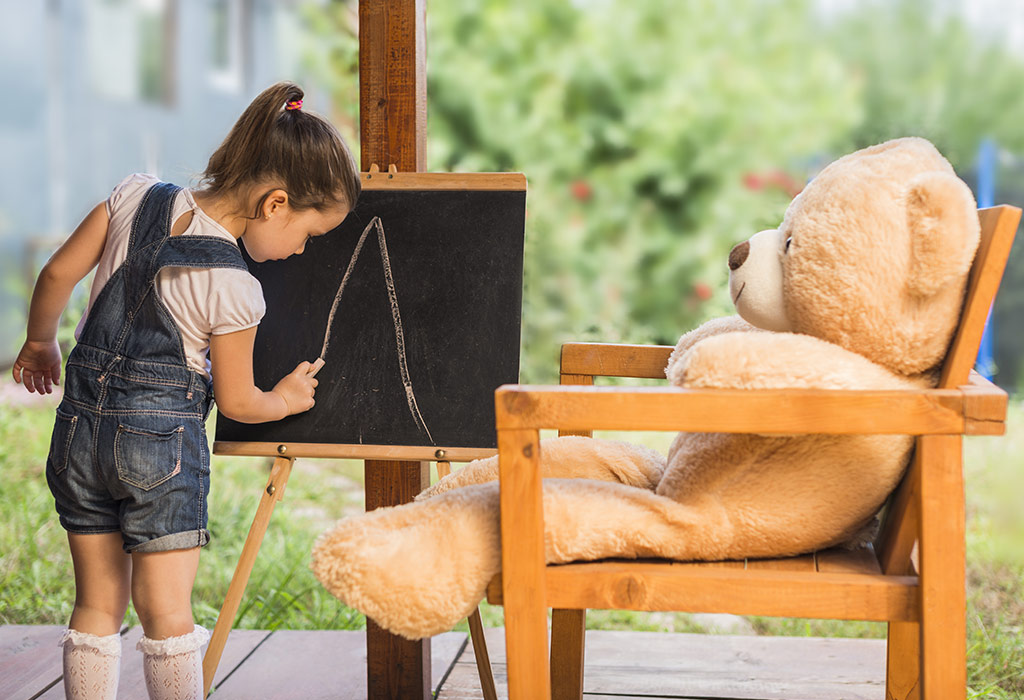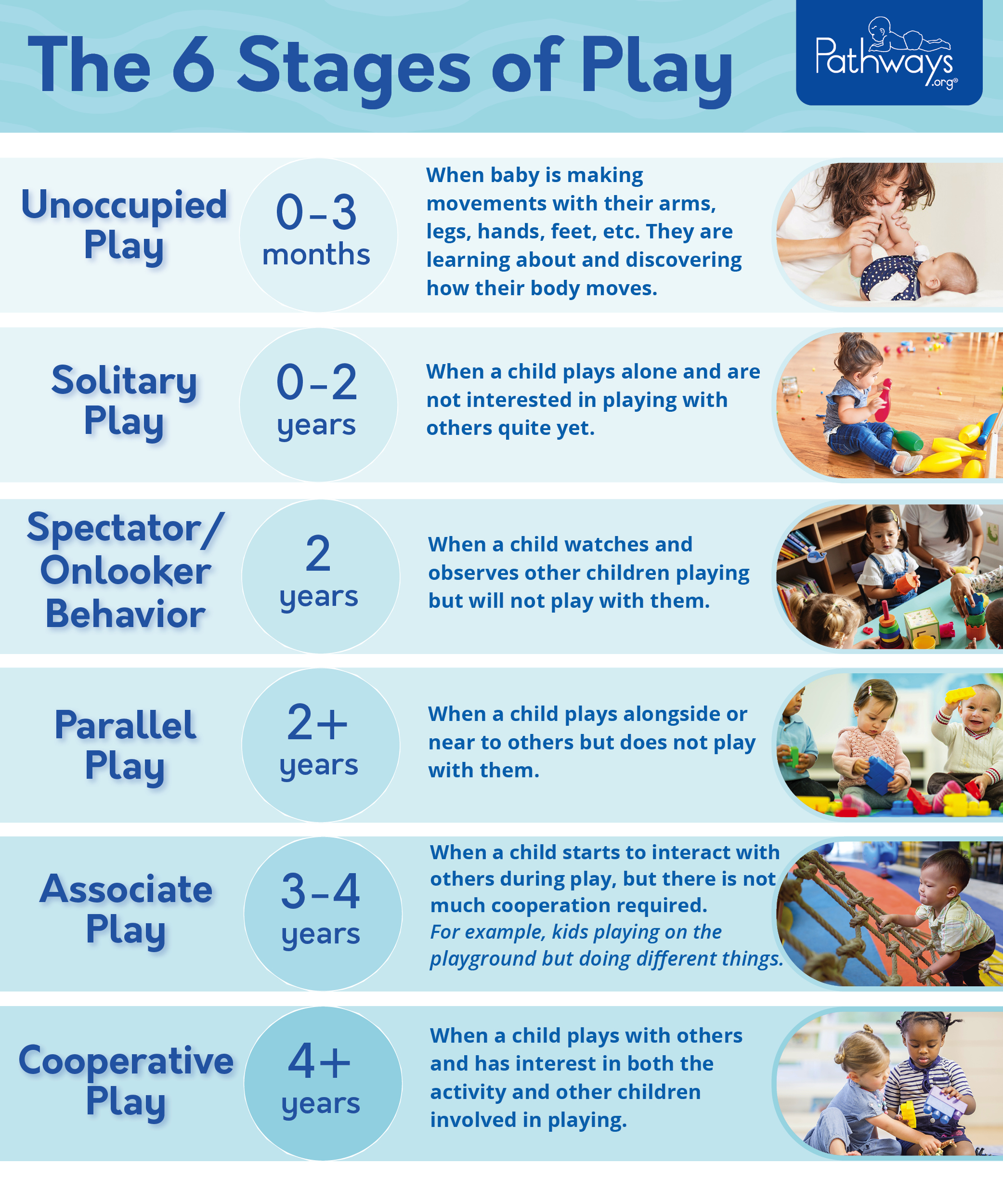Describe Role Taking in Children's Play
Crawling over other infants pulling opposite each other on a length of fabric. However I soon realized that playing with children is one of the many roles a teacher can take during free play.

Pin By Laci Kirby On Fdk Documentation Emergent Curriculum Learning Stories Teaching Preschool
Below are three additional play roles for teachers.

. Freely chosen play helps children and young peoples healthy development. One type of play that is especially important to development from early infancy through to the end of the early childhood period is unstructured child-directed play. Describe the Development of Role Taking in a child.
While receiving instruction in a formal learning environment the tone of learning is a mix of nerves confusion directives and compliance. Mention and describe the following terms. Play is also used to create meaning.
Role-playing is an important part of early childhood development because it helps children to understand each other and the world around them. It boosts memory skills and language development. A childs learning scale is highly related to how they are treated at home.
If youve ever taughtor even just watched someone learn something newthe role of play in learning is fascinating. Gross and fine motor skills really come into play with physical play whether your child is throwing a ball climbing a play structure or riding a bike. Allows children to explore investigate and experiment.
Kids would be easily inspired by what their parents do. There is a fine line between interacting and engaging in play with a child and leading the play. Playing is a natural and enjoyable way for children to keep active stay well and be happy.
While play is often described as childrens work it is intensely enjoyable for them. Through play children explore their world try on new roles solve problems and express themselves. This problem has been solved.
It allows children to act out scenarios and also to make sense of situations they come across in real life. The key benefits of role play for children are as follows. Develops social skills as children collaborate with others.
To have good physical and mental health and to learn life skills they need various unstructured play opportunities from birth until theyre teenagers. Children learn to empathise with others. Role taking Play stage game stage the generalized other.
All of these things are related to cognitive development. If we take the tact of teaching a child how to do it we are doing it for them. Kids use play to take risks and learn from them.
This form of play occurs at all ages and is characterized by engaging in playful physical actions. Once all the roles are filled both on and off stage the play enters production phase which means the cast and crew begin rehearsals. Role-play The play can often require actors to fill various rolesThis is when you are most likely to be invited by request into your childs world of play.
They learn to identify new things emotions and skills. In this video learn more about how play can foster childrens resilience to hardship and how the complex interactions involved when children play help build their brains. Role-play is where children take on different roles and play at being different people in any number of improvised situations.
On the other hand you might not have a role in the play at all and if you are not invited please do not interrupt your child when they are busy allow your child uninterrupted play. You may have realised that as a parent you dont generally have to make children play or provide incentives to play. Here are a few ways which parents can adopt to help with their childs education.
Physical play encourages kids to develop fitness skills and to enjoy physical activity. Get to know the definition and structure of role plays and explore role-play scenario ideas and activities. Kitchen taking on roles in the kitchen.
The type of play children engage in and its purposes change over the course of childhood from infancy to adolescence. How Does Play Factor Into Learning New Things. If we lead the play or structure the play then essentially we are interfering with the play.
In my work with pre-service early childhood teachers we spend time learning about the various roles and how they support an emergent play-based curriculum. This is because children seem to have a natural urge to play. The reasoning is put into language and the language in turn assists reasoning because it helps the child to recognize what others think of his speech efforts.
We are taking away their opportunity for valuable learning to take place. Children who have ample opportunity to role play and guides that can supplement their pretending with new information gain useful insight that will help them for the rest of their lives. Play activity provides a stable logical preverbal structure to which the child applies his reasoning.
Play in early childhood is an effective way of supporting all three of these principles. In this chapter we narrate two stories of a group of 18 five-seven year-old children playfully learning in the context of a. Through role-play kids are also able to learn about functioning in the greater community.
It could be an everyday role a job or complete fantasy and all types of role-play should be encouraged. See the answer See the answer done loading. Early childhood educators know that play is a critical component of healthy child development.
Taking part in a role play activity would usually mean that you are taking on the role of character which will teach children about the empathy and understanding of different perspectives. Develops their awareness of their surroundings as well as themselves and others around them. Be a role model.
Role play is the acting out of a character or role in a given scenario. Not only is it fun but each is a stepping stone which can help children learn new things. Because play time gives children an opportunity to explore the world around them.
The most important acting roles in a play are referred to as. The benefits of role-play.

Role Of Adults In Children S Play Kids Playing Child Development Theories Early Childhood Learning

Pin By Southeastern Aeyc On Play Learning Toys By Age Age Appropriate Toys Infant Activities

Quotes For Kids Quotations Quotes

Social Role Play Scenarios Grades 1 5 Role Play Scenarios Perspective Taking Problem Solving Skills

Teach About Community Helpers With Role Playing Community Helpers Preschool Community Helpers Theme Community Helpers Unit

This Information Sheet Provides An Overview Of What Is Unique About Playwork And The Role Of The Playworker It Describes Ho Action Research Play Space Special

Play Impacts Early Brain Development Stay At Home Educator Brain Development Children Child Development Theories Early Childhood Development

Top 21 Role Play Activities For Children

The 6 Stages Of How Kids Learn To Play Child Development

Characteristics Of Play Child Development Theories Childhood Education Play Based Learning

Play Script Writing Frame Play Scripts For Kids Script Writing Writing Templates

Tech Design And Society Speech Language Therapy Language Therapy Aac

30 Simple Role Play Ideas For Kids Empowered Parents

Toddlers To Tweens Relearning How To Play Playful Parenting Kids Playing Kids

Play Counts Play Is The Important Stuff Dissecting The Role Of The Adults And The Children In A Play Based Play Based Kindergarten Play Based Kids Playing

Ki Khanga The Sword And Soul Role Playing Game Is Now Available Roleplaying Game Anthology Roleplay

6 Ways To Teach During Play School Routines Fun Learning Play To Learn

Making Treasurable Friendships Social And Communication Skills For Boy S Groups Communication Skills Friendship Skills Social Awareness Activities

Comments
Post a Comment